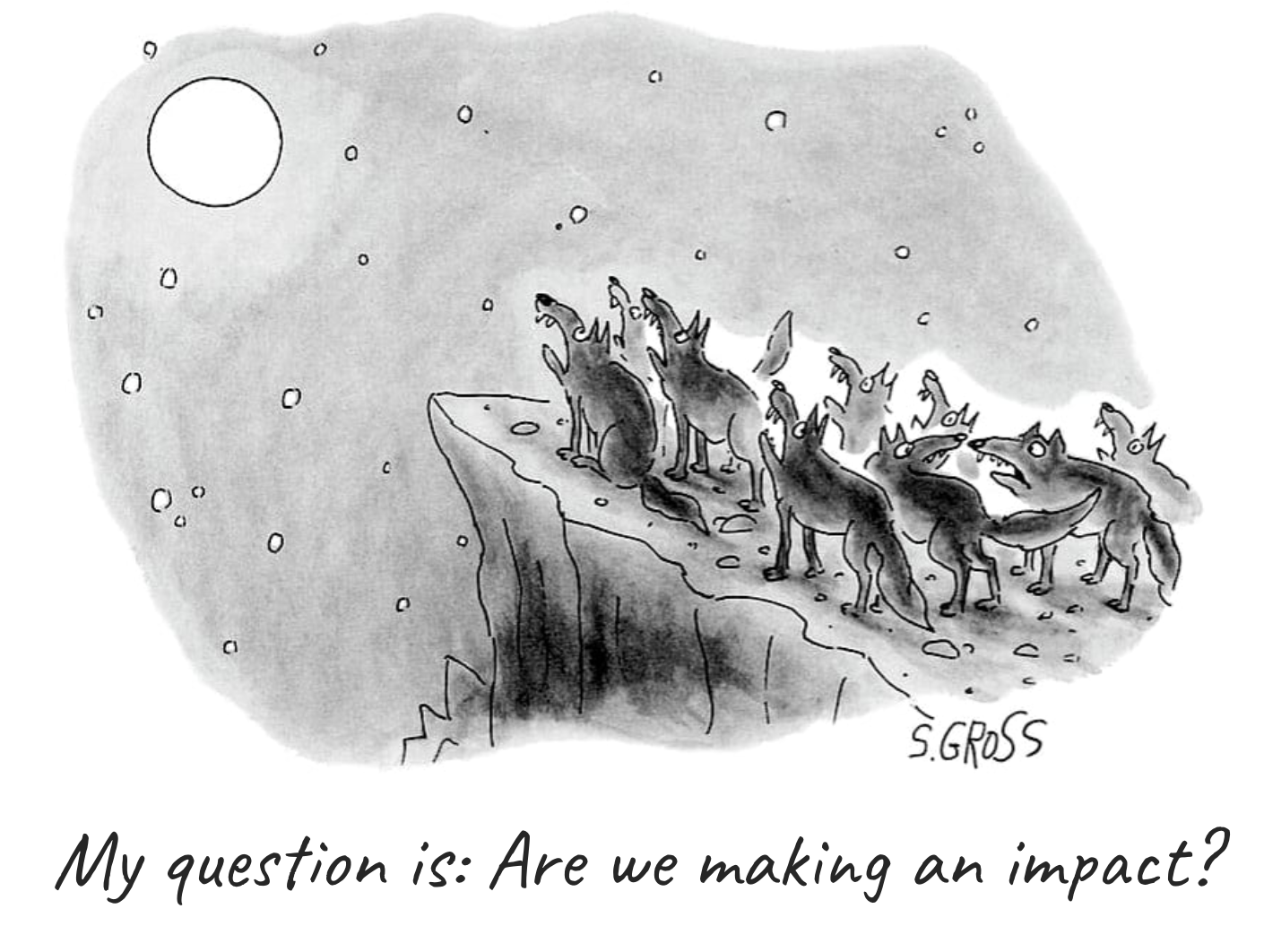Twitter wars
Don’t bring a knife to a gunfight, and other lessons.


Don’t bring a knife to a gunfight, and other lessons.
I waded into – no, let’s be honest, started – my first little twitter war recently. By any real measure, I lost spectacularly. During the break from twitter to lick my wounds, I’ve reflected on what I learned from the experience. Because even I can learn.
Lesson 1: Don’t.
Just don’t. Twitter is a bad way to debate anything, especially if shreds of dignity are important to you. I’m not the first one to say that, I’m just the latest one to ignore it. Worse, I actually started the whole thing. Even worse, I started it with an ulterior motive: I’d written something on our new blog and it wasn’t getting readers. On social media, the competition is all about attention, and controversy gets attention. Our blog is brand-new and it doesn’t have – and may never have – many viewers. There was a thread I’d seen weeks ago, on the same topic as my post, that really pissed me off. I thought I’d kill two birds with one stone: weigh in usefully on something I genuinely thought was unfair and drive traffic to the post (which itself was written carefully, with a lot less provocation). Terrible idea.
Lesson 2: If you’re going to pick a fight, pick it right.
OK, maybe there are times where, for whatever reason, it’s worth disregarding lesson one. I can’t think of any right now, but I’m sure there are some things that should be called out, even if the medium is flawed. However, you need to calculate the level of provocation: It’s all too easy to launch a nuclear attack when all you meant to do was lob a shot across the bow. The thread I was weighing in on was written by a prominent researcher, someone who cares deeply about gathering accurate data and analyzing it properly. I thoughtlessly used the word “misleading” in described the thread in question, which, if you think about it, was pretty obnoxious. It’s triggering in this context, a red cape to the bull. It was like if some dumb corporal in a Kansas missile silo accidently pushed the wrong button and launched a nuclear war. Boom. There goes modern civilization.
Lesson 3: Don’t bring a knife to a gunfight.
When the response came, I realized that I’d staggered into the lair of a twitter adept. In short order, I learned that I am complicit in a sex scandal cover-up, enmeshed in a conflict of interest, opposed to measuring impact, and actively shelter our grantees from scrutiny and accountability.....wow. I’ve always considered myself - at best - a flawed work in progress, but I had no idea the depths to which I’d fallen. If I’d read the same about someone else, I would have thought, “Man, I hate that guy.”
I attacked with a butter knife and ran straight into a machine gun. I was a lamb - no, make that a goat - to the slaughter. I was the neophyte confronting the kung fu master, cannon fodder springing out of the trenches. Hopelessly outclassed, it was all I could do to crawl off the field of battle, grateful that the stakes were so low.
Also it’s pretty dumb to take on someone with an order of magnitude more followers than you, especially when his buddies have even more.
Lesson 4: Nobody reads.
The funny thing (funny, as in soul-destroying) about this little dust-up is that it didn’t drive much traffic to our blog piece. I got exactly what I deserved on that score, but still; It’s a three page post, a seven-minute read. While I’ve found twitter to be a great source of stuff to read, there’s something about it that discourages actual reading. It’s fun to feel like you’ve amassed a huge store of knowledge just by moving your thumb repeatedly across a screen – and it still requires a wrenching act of will not to re-tweet, like, or opine on stuff that I haven’t bothered to read, just because my eye landed on some phrase that agrees with what I already think.
Lesson 5: It’s mostly tribal, anyway.
In part because nobody reads, we tend to default to responses that signal virtue to the rest of our tribe. Confirmation feels good, solidarity is more important than dissent, and careful examination of your priors is kind of a hassle. Mostly we don’t bother.
And if your tribe is a lot smaller, maybe less vociferous, that’s a problem. All that RT’ing, liking, and commenting goes exponential pretty fast. On twitter, volume = victory.
Lesson 6: I’m too old for this shit.
I don’t mean that in a hackneyed, ageist sense of tech, nor of twitter itself; god knows, septuagenarian politicians seem to have figured it out. No, it’s more that it’s embarrassing at this age to find oneself caught up in the noisy, nasty part of the whole thing. I need to hoard what little bits of gravitas – not to mention self-respect – I’ve managed to accumulate along the way.
And in the end, I just don’t want to pick up the gun that – at least in the short term – wins the fights. While wit and humor occasionally win the day, the most easy-to-reach ammunition seems to be mean-spiritedness, bad faith, and character assassination. I don’t want to provoke someone else to blast away, and I don’t fully trust myself not to pull the trigger, either.
As you get older, certain kinds of missteps seem less excusable and more costly. I still want to use twitter to follow and learn from experts, watch funny dog videos, and maybe even make a point here and there, but I’m going to be a lot more careful. This is a technology that lowers the threshold for impulsive foolishness. I really don’t have that much dignity to spare.
Impact in your inbox
The best stuff we run into, straight to your inbox. Zero spam, promise. To see past issues, click here.





